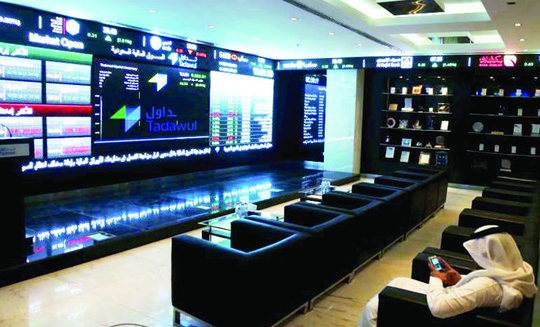Jeddah, Jan 28: Despite challenges, with a return on assets of 1.9 percent as of year-end 2016 (versus 2 percent in 2015), Saudi banks’ profitability are expected to continue to outperform other Gulf Cooperation Council (GCC) banking systems, said a report issued by Moody’s Investor Service.

In 2016, Saudi banks reported a 5.4 percent year-on-year decrease in net profits, mainly because of rising provisioning charges, a credit negative. The provisioning increase reflects asset quality challenges amid low oil prices.
Keeping in view the 2016 results, Moody’s expect that Saudi banks’ profits will remain challenged in 2017 amid an increasing cost of risk and subdued credit growth that, despite easing funding costs, will negatively affect top-line revenues.
An 8.7 percent year-on-year increase in net interest income confirms that banks boosted gross margins during the year to absorb the increased cost of funding that occurred in the first half of 2016. However, that annual growth was mostly offset by a 6.1 percent reduction in non-interest income, leading to 3.8 percent growth in operating income. The contraction in non-interest income from corporate and investment banking activities reflects reduced trade flows and lower equity trading volumes, said the report.
Increased provisioning also weighed on banks’ profits, particularly for loans to the building and construction industry. This affected mainly banks with large corporate banking activities. Retail banks increased their net profits (by 2.5 percent for National Commercial Bank, 14 percent for Al-Rajhi and 2.4 percent for Bank Al-Bilad).
Saudi banks have the highest loan-loss reserves in the GCC region (138 percent of problem loans as of June 2016), but provisioning costs are likely to continue climbing in 2017 as subdued economic growth continues to challenge asset quality.
The 2016 preliminary results also show a credit contraction over the past two quarters of 2016, leading to an overall 3 percent reduction in banks’ net loans in the second half of 2016 (versus 5 percent growth in the first half of 2016) and weak 1.8 percent annual credit growth in 2016, compared with 8.2 percent in 2015, said the report.
In early 2016, the credit trend was temporarily supported by an increase in short-term loans to contractors that were affected by payment delays from the Saudi government.
However, the SR105 billion ($28 billion) that the Saudi government paid to contractors in fourth-quarter 2016 led to large repayments to banks. Combined with a $17.5 billion international sovereign bond issuance in October 2016 that injected liquidity into the banking system and various accommodative monetary policy measures, the repayment to contractors contributed to a 1.1 percent increase in bank deposits in fourth-quarter 2016 (versus a 1.1 percent decline in the second quarter and 0.2 percent decline in the third quarter) and a 0.9 percent year-on-year increase in bank deposits in 2016.





Comments
Add new comment